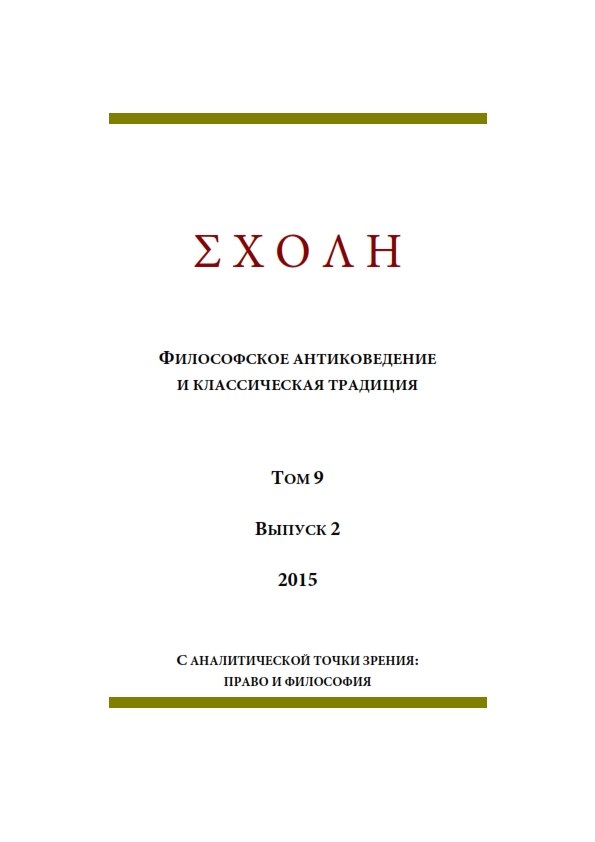«ГЕРАКЛИТ» ХАЙДЕГГЕРА, ALETHEIA И ПАРАДОКС ЛЖЕЦА
HEIDEGGER’S «HERAKLIT», ALETHEIA, AND THE LIAR PARADOX
Author(s): Vsevolod LadovSubject(s): Philosophy, History of Philosophy, Metaphysics, Special Branches of Philosophy, Ancient Philosphy, Contemporary Philosophy, Existentialism, Phenomenology, Hermeneutics, Ontology
Published by: Новосибирский государственный университет
Keywords: aletheia; truth; Die Unverborgenheit; un-concealed; the Liar Paradox; Heidegger; Heraclitus;
Summary/Abstract: In this article I analyze Heidegger’s interpretation of the Greek word «aletheia» (truth) from a logical point of view. Heidegger asserts that Greek philosophers considered «aletheia» to be «Die Unverborgenheit» (un-concealed). How the Liar Paradox will look like if we use Heidegger’s «Die Unverborgenheit» instead of «truth» in the logical reasoning? I assert that if Heidegger’s concept of truth is utilized a clear logical formulation of the Liar Paradox will be impossible. This fact casts doubt on Heidegger’s interpretation of the Greek idea of «aletheia», because the Liar Paradox is one of the oldest paradoxes formulated in Greek philosophy.
Journal: ΣΧΟΛΗ. Философское антиковедение и классическая традиция
- Issue Year: IX/2015
- Issue No: 2
- Page Range: 221-227
- Page Count: 7
- Language: Russian

